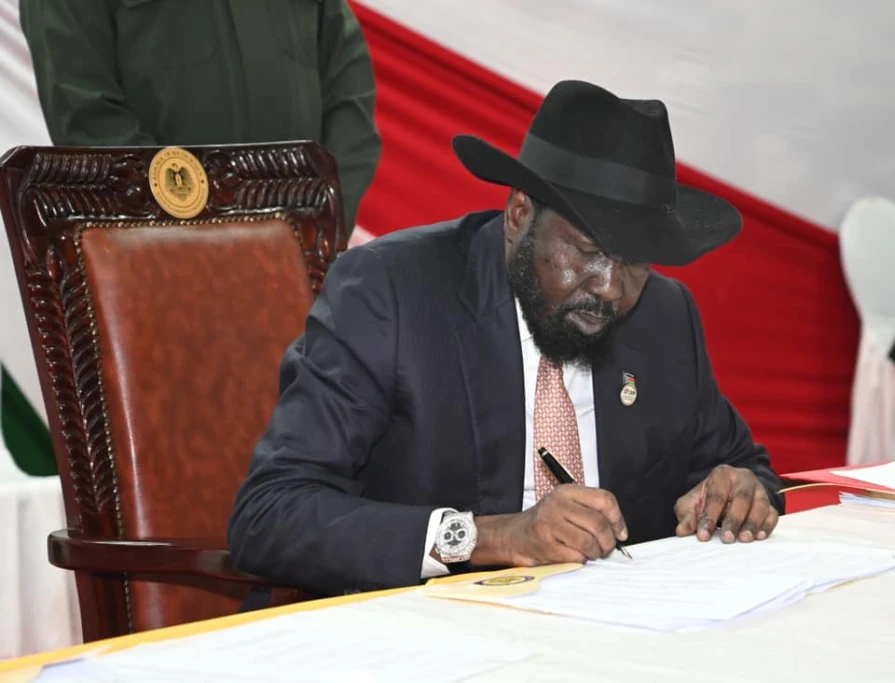
South Sudan’s President Salva Kiir Mayardit has vowed to serve justice for the 27 victims of Kajo-Keji attack that happened a day before His Holiness Pope Francis arrived in Juba for an ecumenical peace pilgrimage.
On February 2, while the country was preparing to welcome Pope together with the Archbishop of Canterbury and the Moderator of the General Assembly of the Church of Scotland, alleged cattle herders from Jonglei state attacked Lira Payam in Kajo-Keji County and killed tens of civilians including four aid workers of Red Cross South Sudan.
In a press statement dated 7th Feb, President Kiir condemned the killing and promised to hold the perpetrators accountable for the act of violence when there are already efforts being put to return the cattle to their original land.
“It is on this basis that I strongly condemn the actions of the perpetrators of these crimes, and urgently direct the law enforcement agencies to thoroughly investigate what took place in Kajo-Keji,”
President cautioned the team investigating the incident not to come back with statement but with perpetrators at hands.
“These investigations must not amount to nothing, they must aim at holding the instigators and perpetrators of these heinous crimes accountable for their actions,” Kiir emphasized
While issuing his condolence message to the aggrieved community, Kiir discourages the possible revenge and allow the government take the responsibility.
“To the grieving communities, I convey my heartfelt condolences to you, and urge you not to allow the appeal of revenge for your losses to drive you to commit further acts of violence. I am fully aware of how hard it is to cope with tragedies of this nature, but I maintain that you leave this to authorities to resolve both the root causes of this issue as well as using the full force of the law to hold the culprits accountable,”
President Salva Kiir previously issued several orders in 2015 and 2017 calling on cattle keepers from Jonglei state to vacate farming areas in Equatoria region. His order also extends to herders from Terekeka and Lakes state to leave all agricultural areas in Western and Central Equatoria state.
But the Presidential orders largely remained unimplemented.